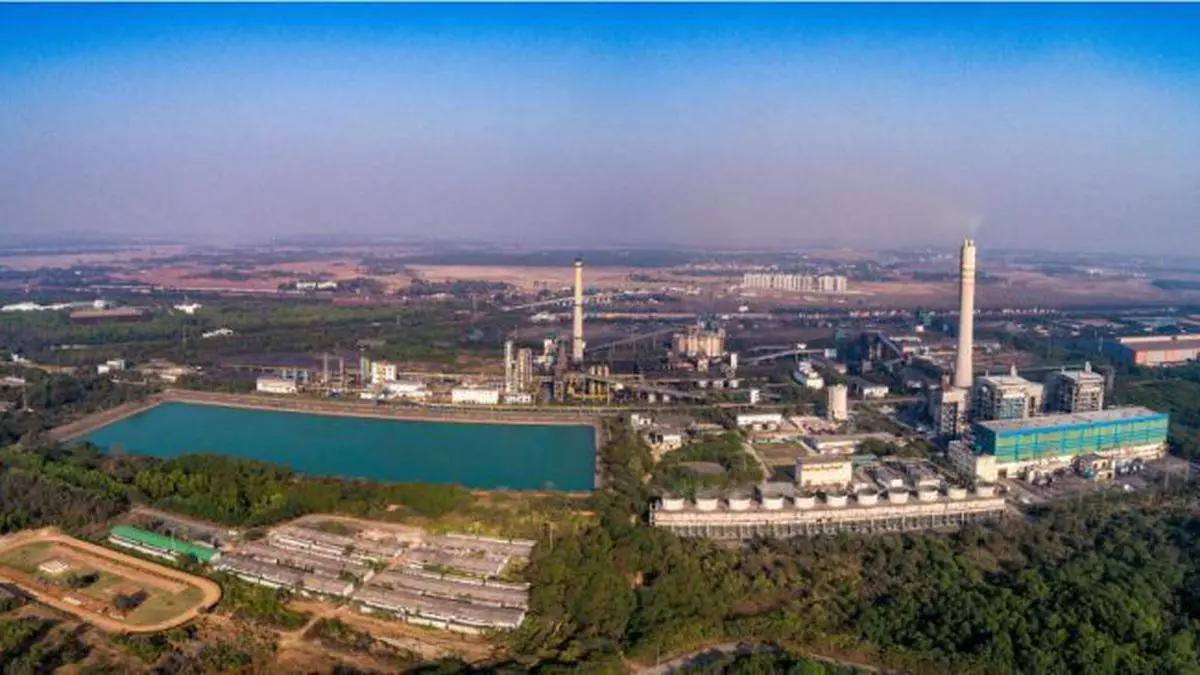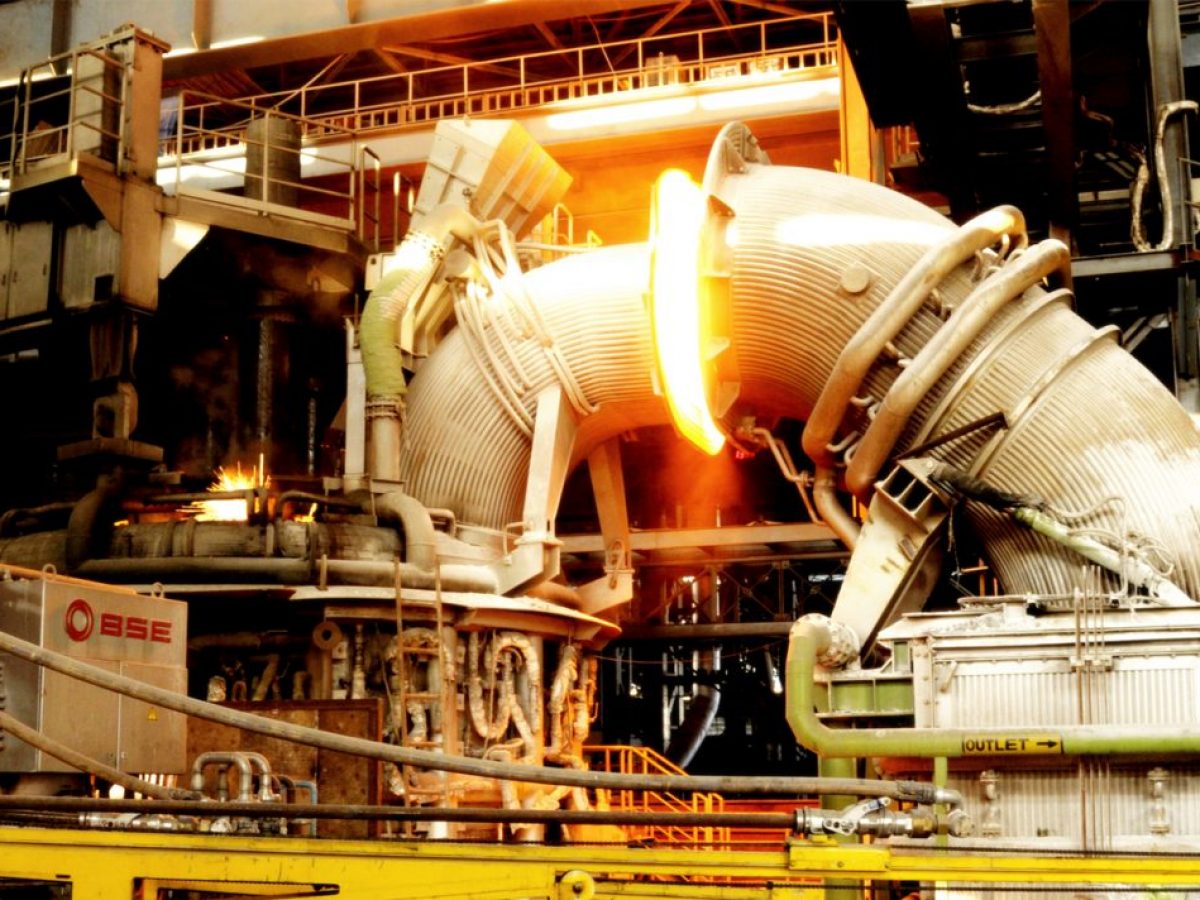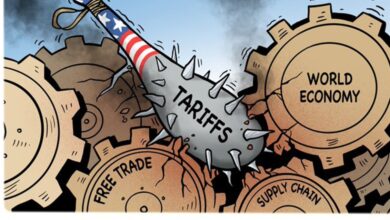JSL’s Q2 Profit Surges 120% and Indonesian Mill Closure Announced

JSL’s Q2 Profit Surges 120% and Indonesian Mill Closure Announced
In a surprising turn of events, Jindal Stainless Limited (JSL), one of India’s leading stainless steel manufacturers, has reported a remarkable jump in its second-quarter profits.
The company’s Q2 profits surged by an impressive 120%, marking a significant achievement in the stainless steel industry.
Alongside this extraordinary financial success, JSL has announced its decision to shut down one of its manufacturing facilities in Indonesia. This article delves into the details of JSL’s remarkable Q2 performance and the strategic implications of its decision to close the Indonesian mill.

The largest stainless steel producer in the nation, Jindal Stainless (JSL), intends to close its cold rolling plant in Indonesia since business at the site is no longer sustainable due to competition from China. Separately, the company reported a 120% increase in its combined net profit for the second quarter that ended on September 30.
Jindal Stainless Limited, a prominent player in the stainless steel sector, released its financial results for the second quarter of the fiscal year, reporting a staggering 120% increase in profits.
This unexpected surge in profitability has caught the attention of industry experts and investors alike, sparking discussions about the factors that contributed to this remarkable growth.

Several key factors have played a significant role in JSL’s impressive financial performance:
- Increased Demand for Stainless Steel: The global stainless steel market has experienced steady growth, driven by rising demand in various industries such as construction, automotive, and consumer appliances. JSL’s ability to tap into this demand has contributed to its profit surge.
- Cost Optimization Measures: JSL has implemented cost-cutting initiatives and operational efficiencies across its production facilities. These measures have helped reduce production costs and increase overall profitability.
- Strong Export Performance: JSL’s strategic focus on international markets has led to a surge in exports. The company has managed to secure lucrative contracts in countries around the world, further boosting its revenue.
- Quality and Innovation: JSL’s commitment to producing high-quality stainless steel products and investing in innovation has helped it maintain a competitive edge in the market.
- Government Initiatives: Government initiatives, such as “Make in India” and increased infrastructure spending, have provided a conducive environment for growth in the steel sector, benefiting companies like JSL.
In addition to its impressive Q2 financial results, JSL has also made headlines with its decision to shut down one of its stainless steel manufacturing facilities located in Indonesia.

The move comes as part of the company’s strategic restructuring plan, aimed at optimizing its global operations and improving overall profitability.
Key reasons behind the closure of the Indonesian mill include:
- Overcapacity: The global stainless steel industry has been grappling with overcapacity issues, leading to intense price competition. Closing down the Indonesian mill will help JSL align its production capacity with actual demand, reducing excess supply in the market.
- Focus on High-Value Markets: JSL is redirecting its focus towards high-value markets, where it can achieve better pricing and margins. Consolidating its production in other facilities allows the company to meet the specific needs of these markets more efficiently.
- Cost Savings: The closure of the Indonesian mill is expected to result in significant cost savings, including reduced operational expenses and maintenance costs associated with the facility.
- Supply Chain Optimization: By streamlining its production operations, JSL can enhance its supply chain efficiency, ensuring timely delivery to customers and improving customer satisfaction.
The closure of the Indonesian mill, while a strategic move for JSL, will have implications for the local workforce and suppliers in Indonesia.

However, the company has stated its commitment to providing support and assistance to affected employees and suppliers during the transition.
Looking ahead, Jindal Stainless Limited’s strong financial performance in Q2 and its strategic decisions reflect its determination to thrive in a competitive industry.
The company’s focus on quality, innovation, and global expansion remains pivotal to its growth strategy.

As the global stainless steel market continues to evolve, JSL’s ability to adapt and make prudent decisions will be critical in maintaining its position as a leader in the industry.
Investors and stakeholders will undoubtedly be keeping a close eye on JSL’s future developments and its ability to sustain its impressive profit growth.




